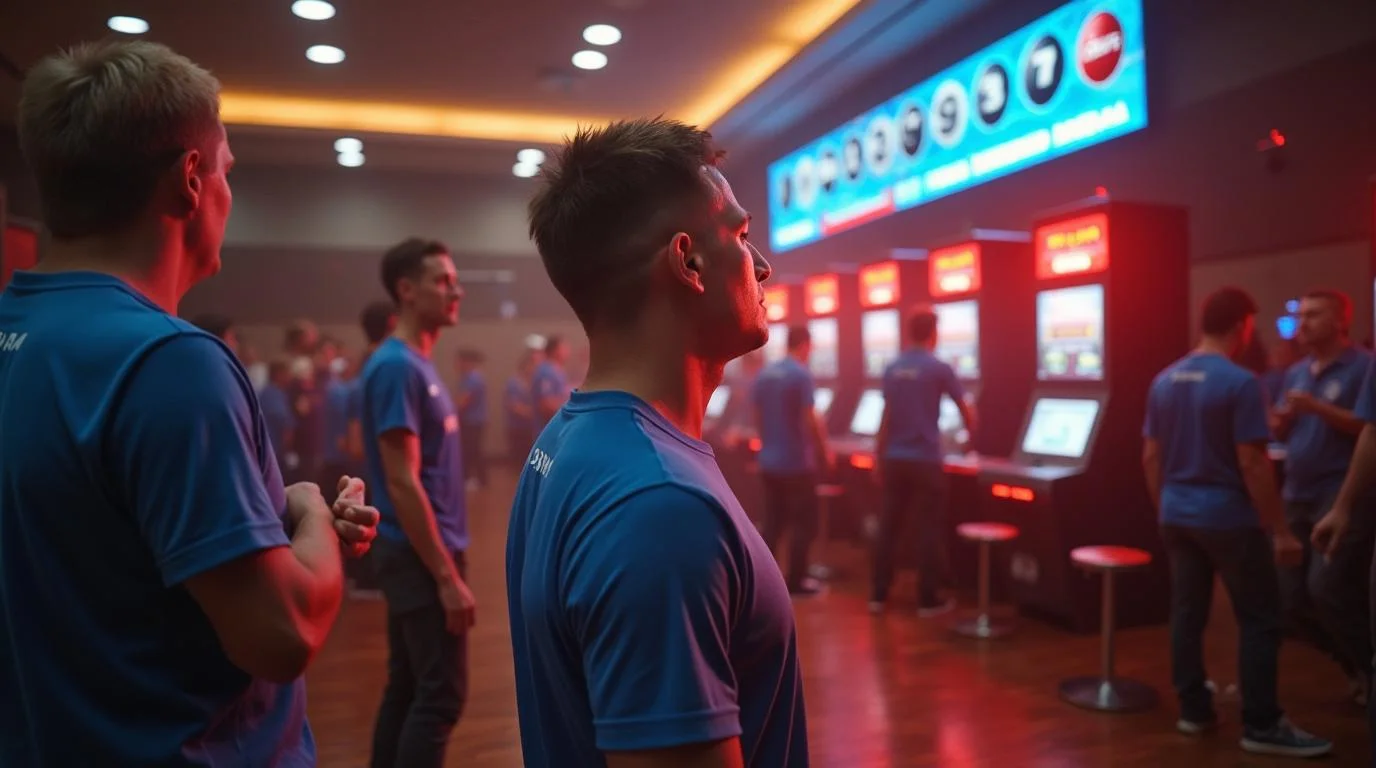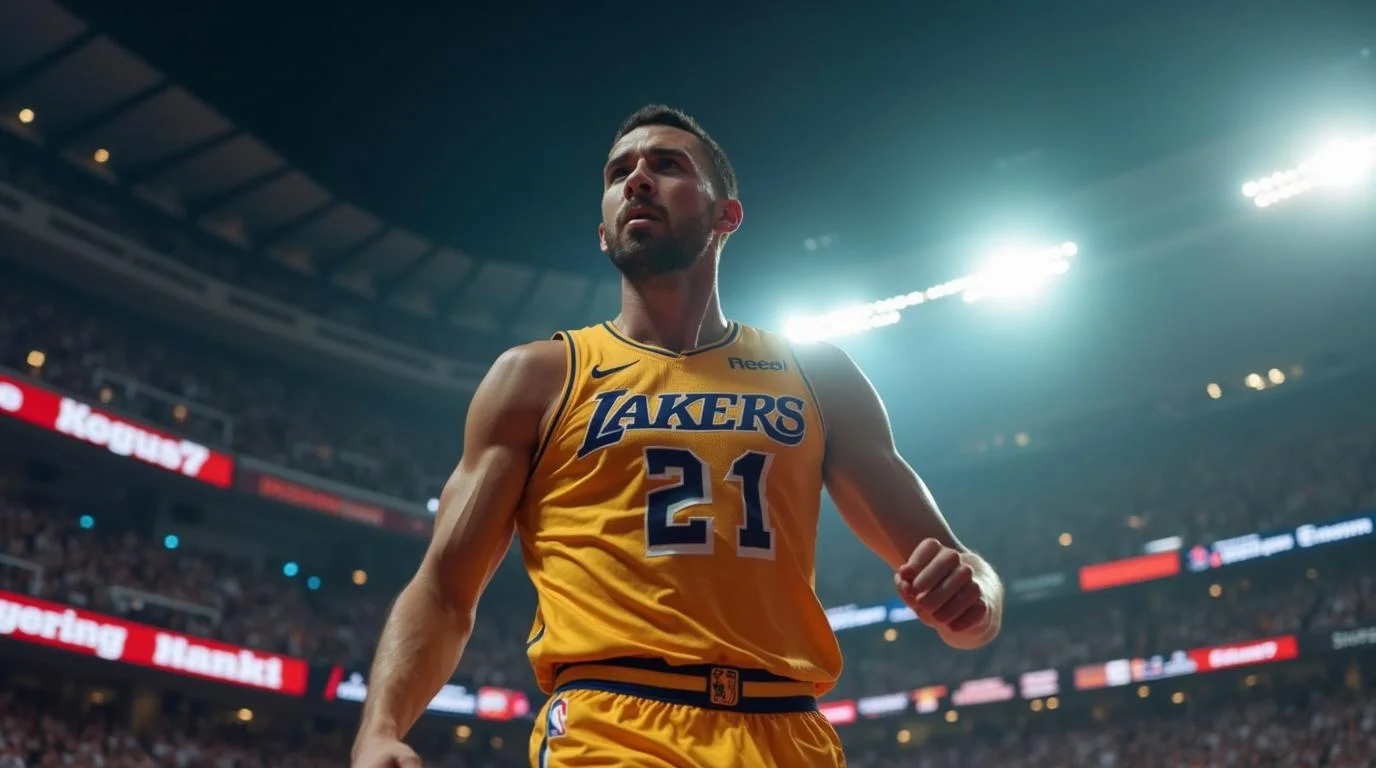A Single Lucky Winner of the $1.269 Mega Millions Ticket in California has a Year to Claim It

1.0
Default
We've previously reported about the Mega Millions jackpot prize, which was initially slated to be drawn last December 24 for $1 billion. Well, it has now ballooned to $1.269 billion - and the lucky winner was drawn last Friday and bought the ticket from a Circle K convenience store in California. He or she has a year to come forward and claim the big jackpot.
In a historic event, a lone ticket sold in California has claimed a $1.269 billion Mega Millions jackpot, marking the ninth-largest lottery prize in US history. The winning ticket was sold at the Circle K Sunshine Food and Gas convenience store in Cottonwood, a small town in Shasta County, Northern California, located about 125 miles north of Sacramento.
A holiday season windfall
The winning numbers drawn on Friday night - 3, 7, 37, 49, 55, and the gold Mega Ball 6 - propelled one lucky player into an elite league of lottery winners. The Mega Millions Consortium, the organization in charge of operating the multi-state lottery across 45 states, Washington, DC, and the US Virgin Islands, confirmed the winning ticket was sold in Cottonwood.
Joshua Johnston, Mega Millions Consortium's lead director, congratulated the winner in a statement. At an incredibly special time of year, this is both an incredible moment for our winner and a testament to the positive impact lottery sales have across the country, Johnston noted. He added a thank you to everyone who participates, and said that their participation helps fund educational causes, parks, and many other great organizations nationwide.
The winner now has one year to claim their prize. However, under California law, lottery winners cannot remain anonymous, meaning their identity will eventually be made public once they come forward.
Cash vs. annuity options
The jackpot winner will face a critical decision: to receive the full $1.269 billion prize as an annuity paid over 30 years or opt for a one-time cash payment of $571.9 million. These amounts, already adjusted upwards from initial estimates due to stronger-than-expected ticket sales, are before federal taxes.
If the winner chooses the lump sum, federal taxes will reduce the total to approximately $360.3 million. Notably, California does not impose state taxes on lottery winnings, adding a unique financial advantage to claiming a prize in the Golden State. This jackpot win reaffirms California's position as one of the luckiest states for Mega Millions players. It is to be noted further that California, New York, and New Jersey lead the nation in jackpot wins since 2017, a statistic bolstered by California's large population and well-established lottery system.
Circle K celebrates historic sale
The Circle K on Rhonda Road in Cottonwood became the focal point of celebration following the draw. "California, we've done it again! One lucky ticket sold at Circle K Stores on Rhonda Rd. in Cottonwood was the sole ticket across the nation to match all six numbers," the California Lottery announced on its social media channels.
While the store itself will likely receive a financial incentive for selling the winning ticket, the jackpot's wider impact will ripple across the state and beyond, as lottery ticket sales contribute significantly to public programs and charitable initiatives.
Cottonwood's claim to fame
Cottonwood, a former stagecoach town, is no stranger to the limelight. The town served as the filming location for the 1998 adventure-comedy Almost Heroes, the final movie of actor-comedian Chris Farley, who starred alongside Matthew Perry. Both actors tragically passed away due to drug overdoses.
Shasta County, where Cottonwood is situated, is also recognized for its connection to the Shasta soft drink brand and its proximity to the majestic Mount Shasta.
The bigger picture
The $1.269 billion jackpot marks the ninth-richest Mega Millions prize ever won, further showcasing the lotter's status as a nationwide phenomenon. This holiday season windfall is not just a life-changing event for the winner but also a moment of joy for countless others who benefit from lottery-funded programs.




















